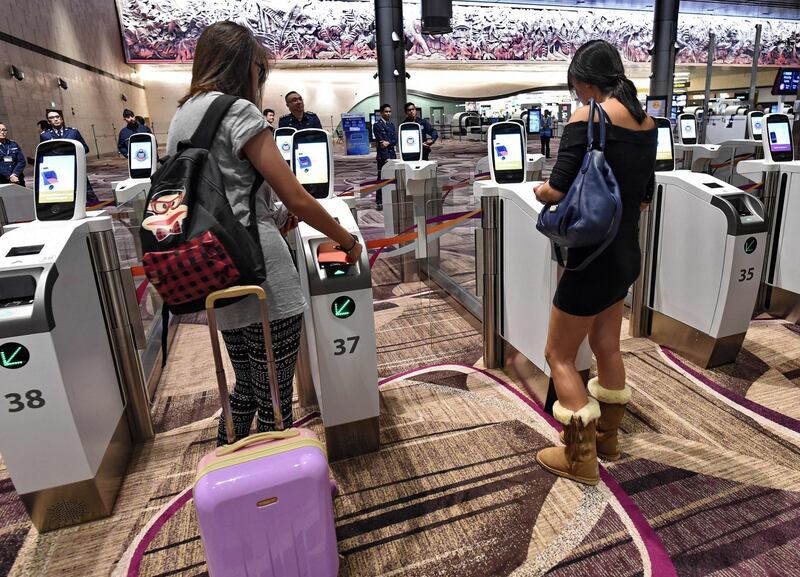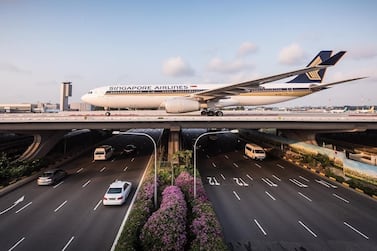Changi Airport Group, which operates Singapore’s flagship airport that is often touted the world’s best, has cautioned that the coronavirus pandemic presented a “daunting” situation, which is showing "no signs of abatement.”
The airports operator saw its full-year traffic for the year ending March 2020, fall for the first time since 2008-09 financial crisis. The decline in passenger traffic was entirely attributed to the last two months of the financial year, when it fell 32.8 per cent and 70.7 per cent in February and March respectively as a result of travel restrictions introduced at the height of the pandemic.
The slump towards the end of the fiscal year dragged overall passenger traffic down by 5.1 per cent to 62.9 million. Aircraft movement, meanwhile, fell by 6 per cent with a total of 363,000 landings and takeoffs. Cargo movements were also impacted with throughput falling 7.5 per cent to 1.97 million tonnes.
Globally, airlines remain pessimistic about air travel growth this year after a second wave of Covid-19 cases and travel restrictions stalled a modest improvement during the summer, according to the International Air Transport Association (Iata).
The industry body last week cut its forecast for this year's traffic growth to an average decline of 66 per cent year-on-year, from a previous estimate of 63 per cent.
In August, global passenger demand fell 75 per cent from the same month last year, compared to a 79.5 per cent drop in July.
The airport operator said the sharp reversal of traffic growth due to Covid-19 created a “deep dent” in its retail revenue, which was growing steadily by 1.5 per cent during the first ten months of 2019 to 2020, in spite of headwinds.
Pandemic-related concessions caused revenue to decline 57.5 per cent during the last two months of the previous fiscal year, with full-year revenue down 4.9 per cent, according to the annual report.
"The battle with Covid-19 has only just begun with travel recovery highly dependent on how countries around the world manage border controls, the relaxation of air travel requirements and the development of viable medical treatments for the virus,” Liew Mun Leong and Lee Seow Hiang, Changi Airport Group’s chairman and chief executive respectively said.
The group has taken various measures to contain the fallout from the collapse in global air travel.
In August, the company consolidated its operations due to drop in demand, closing Terminal 2 at the Changi Airport from May 1 for at least 18 months.
The airport’s Terminal 4 has also been placed on standby since May 16 until air travel demand picks up and a sufficient number of flights return to the terminal.
Construction of the planned Terminal 5 has also been put on pause for “at least two years".
"This is to allow for time to assess traffic conditions, as well as to undertake studies to understand how the current designs could be adapted for potential new safety and regulatory requirements that are to be expected post Covid-19,” the operator said in the report.








